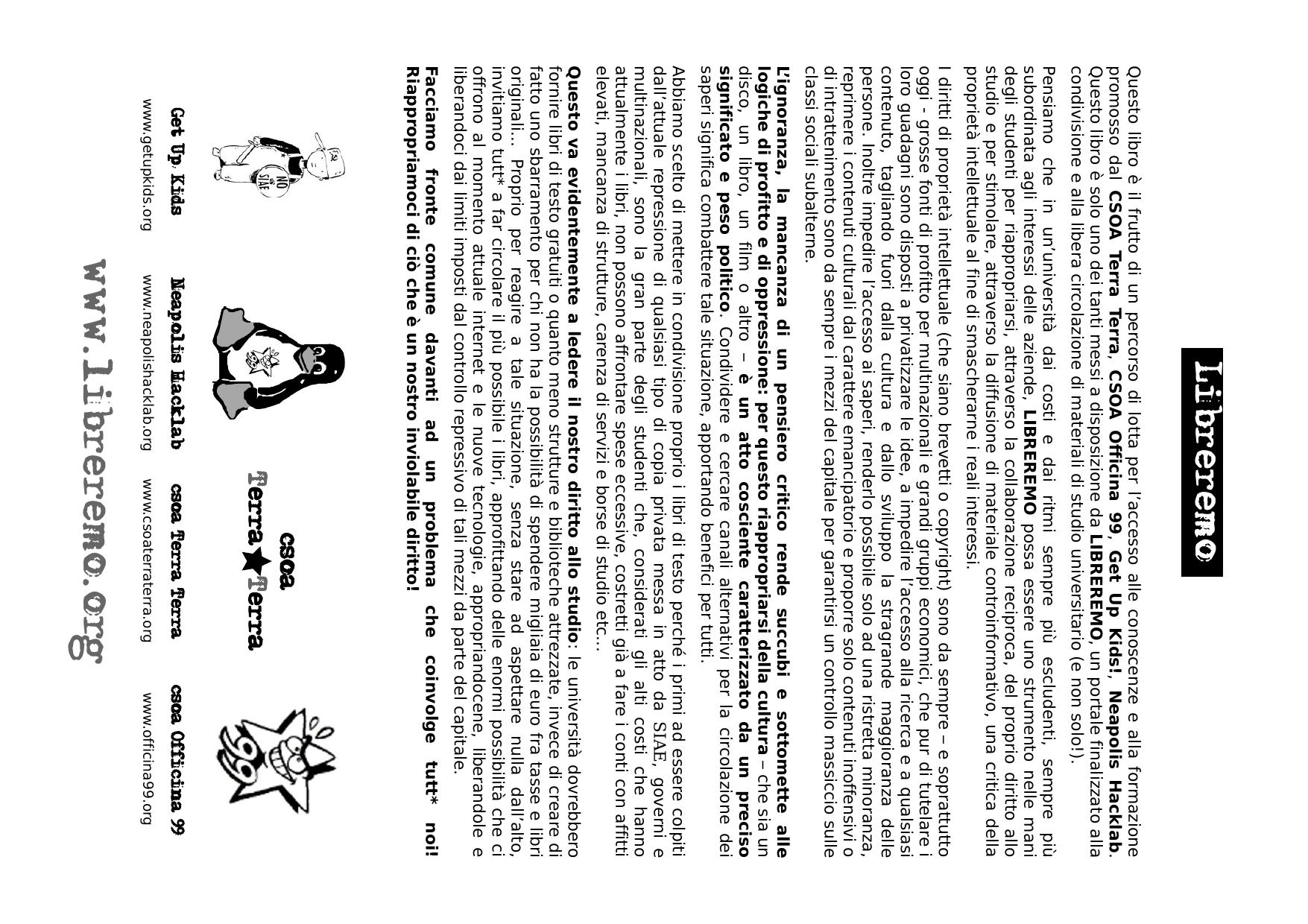Spaces of Capital: Towards a Critical Geography by David Harvey

Author:David Harvey [Harvey, David]
Language: eng
Format: azw3, epub, pdf
Publisher: Taylor and Francis
Published: 2012-10-11T16:00:00+00:00
Part 2
The Capatalist Production of Space
Chapter 12
The Geography of Capitalist Accumulation: A Reconstruction of the Marxian Theory
First published in Antipode, 1975.
The spatial dimension to Marx’s theory of accumulation under the capitalist mode of production has for too long been ignored, This is, in part, Marx’s fault since his writings on the matter are fragmentary and often only sketchily developed. But careful scrutiny of his works reveals that Marx recognized that capital accumulation took place in a geographical context and that it in turn created specific kinds of geographical structures. Marx further develops a novel approach to location theory (in which dynamics are at the center of things) and shows that it is possible to connect, theoretically, the general processes of economic growth with an explicit understanding of an emergent structure of spatial relationships. And it further transpires that this locational analysis provides, in albeit a limited form, a crucial link between Marx’s theory of accumulation and the Marxian theory of imperialism – a link which many have sought but none have so far found with any certainty, in part, I shall argue, because the mediating factor of Marx’s location theory has been overlooked.
In this paper I shall try to demonstrate how the theory of accumulation relates to an understanding of spatial structure and how the particular form of locational analysis which Marx creates provides the missing link between the theory of accumulation and the theory of imperialism.
The Theory of Accumulation
Marx’s theory of growth under capitalism places accumulation of capital at the center of things. Accumulation is the engine which powers growth under the capitalist mode of production. The capitalist system is therefore highly dynamic and inevitably expansionary; it forms a permanently revolutionary force which continuously and constantly reshapes the world we live in. A stationary state of simple reproduction is, for Marx, logically incompatible with the perpetuation of the capitalist mode of production. ‘The historical mission of the bourgeoisie,’ is expressed in the formula ‘accumulation for accumulation’s sake, production for production’s sake’ (1967, vol. 1: 595). Yet this historical mission does not stem from the inherent greed of the capitalist; it arises, rather, out of forces entirely independent of the capitalist’s individual will:
Only as personified capital is the capitalist respectable. As such, he shares with the miser the passion for wealth as wealth. But that which in the miser is mere idiosyncrasy, is, in the capitalist, the effect of the social mechanism, of which he is but one of the wheels. Moreover, the development of capitalist production makes it constantly necessary to keep increasing the amount of capital laid out in a given industrial undertaking, and competition makes the immanent laws of capitalist production to be felt by each individual capitalist, as external coercive laws. It compels him to keep constantly extending his capital, in order to preserve it, but extend it he cannot, except by means of progressive accumulation.
(Marx 1967, vol. 1: 592)
Download
Spaces of Capital: Towards a Critical Geography by David Harvey.epub
Spaces of Capital: Towards a Critical Geography by David Harvey.pdf
This site does not store any files on its server. We only index and link to content provided by other sites. Please contact the content providers to delete copyright contents if any and email us, we'll remove relevant links or contents immediately.
| Historic | Information Systems |
| Regional |
Man-made Catastrophes and Risk Information Concealment by Dmitry Chernov & Didier Sornette(6004)
The Revenge of Geography: What the Map Tells Us About Coming Conflicts and the Battle Against Fate by Kaplan Robert D(4066)
Zero Waste Home by Bea Johnson(3833)
COSMOS by Carl Sagan(3617)
Good by S. Walden(3548)
In a Sunburned Country by Bill Bryson(3536)
The Fate of Rome: Climate, Disease, and the End of an Empire (The Princeton History of the Ancient World) by Kyle Harper(3055)
A Wilder Time by William E. Glassley(2858)
Camino Island by John Grisham(2794)
Organic Mushroom Farming and Mycoremediation by Tradd Cotter(2688)
The Ogre by Doug Scott(2679)
Human Dynamics Research in Smart and Connected Communities by Shih-Lung Shaw & Daniel Sui(2500)
Energy Myths and Realities by Vaclav Smil(2487)
The Traveler's Gift by Andy Andrews(2457)
9781803241661-PYTHON FOR ARCGIS PRO by Unknown(2365)
Inside the Middle East by Avi Melamed(2349)
Birds of New Guinea by Pratt Thane K.; Beehler Bruce M.; Anderton John C(2249)
A History of Warfare by John Keegan(2238)
And the Band Played On by Randy Shilts(2197)
